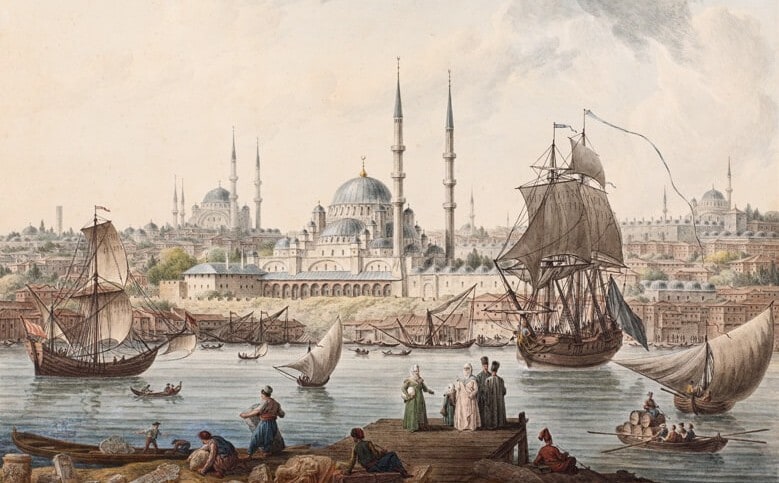Director: Alain Resnais
Cast: Emmanuelle Riva, Eiji Okada, Bernard Fresson, Stella Dassas, Pierre Barbaud
France, Japan, 1959, 91’, black & white; French, Japanese, English with Turkish subtitles
Made in 1959, Hiroshima mon amour is a modern-day narrative by Alain Resnais, one of the well-known names of the French New Wave. It has gone down in history as a touching elegy and a stinging humanist critique about innocent people who have lost their lives. Besides being Alain Resnais’s masterpiece, Hiroshima mon amour is also considered one of the exemplary films of modern narrative cinema. One of the rightist members of the French New Wave, Resnais touches upon global problems using certain individual experiences. A small escapade in a hotel leads to fundamental oppositions like love and war, death and life, destruction and repair. Resnais shows us the relationship between a French woman and the German soldier she falls in love with, and how the soldier is killed by the French afterwards, using this story to narrate the war between Germany and France and the occupation of an innocent city (Nevers). Here, the German soldier represents Germany, which will end just like the woman’s lover, disappearing forever. The film is also important for its documentary aspects. The first scenes depicts Hiroshima right after the bomb, showing the destruction of war in all its starkness, with ruined houses, crippled children, people barely hanging on to life. The film came to occupy a unique place in the history of cinema with its anti-war approach and its modern style of narration.
Trailer

When regarding the paintings of Istanbul by western painters, Golden Horn has a distinctive place and value. This body of water that separates the Topkapı Palace and the Historical Peninsula, in which monumental edifices are located, from Galata, where westerners and foreign embassies dwell, is as though an interpenetrating boundary.
Tuesday - Saturday 10:00 - 19:00
Friday 10:00 - 22:00
Sunday 12:00 - 18:00
The museum is closed on Mondays.
On Wednesdays, the students can
visit the museum free of admission.
Full ticket: 300 TL
Discounted: 150 TL
Groups: 200 TL (minimum 10 people)